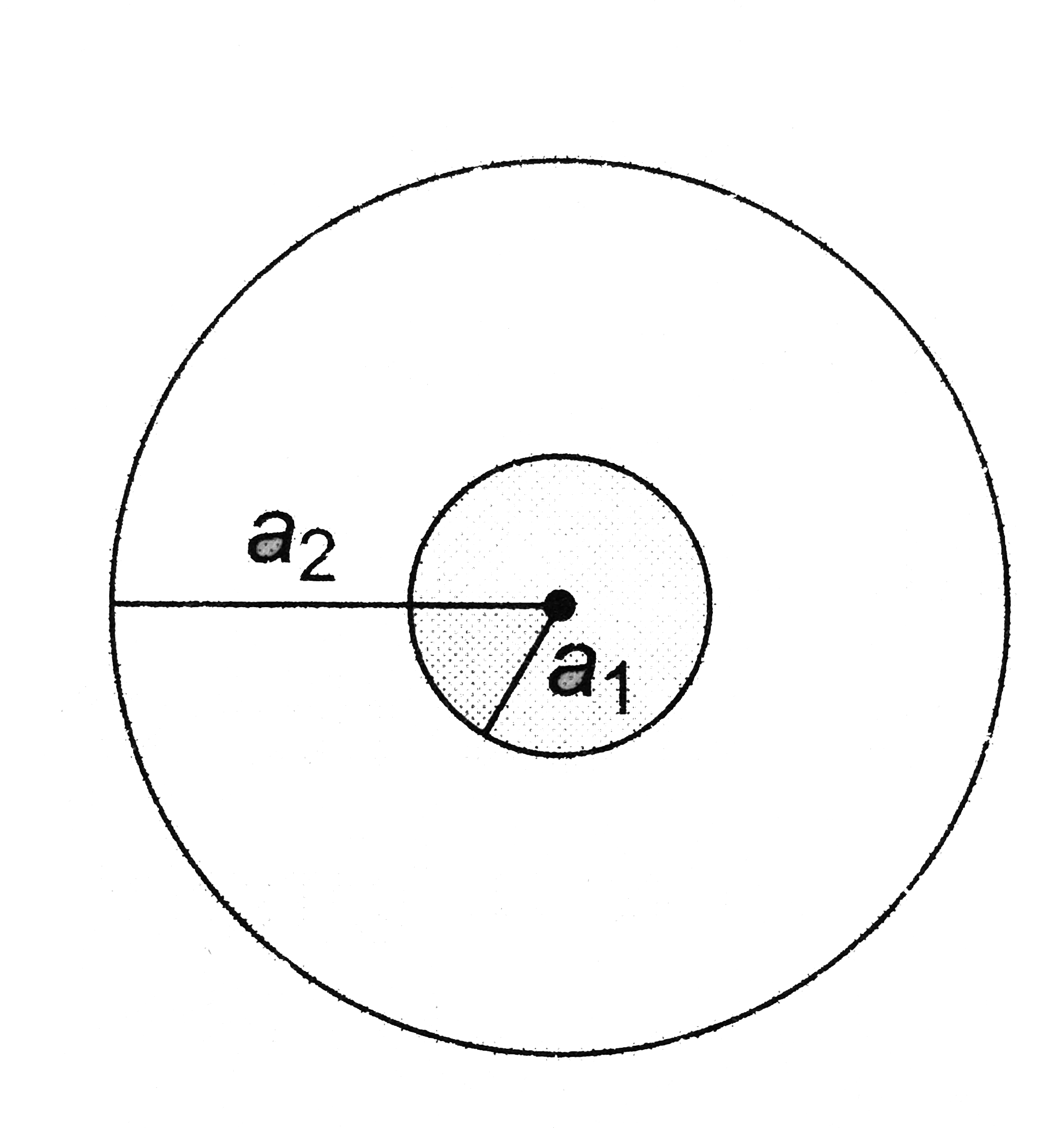Let a1,a2,a3,a4,a5 be a five term geometric sequence satisfies the condition 0<a1<a2<a3<a4<100 , where each term is an integar . Then the number of five terms in geometric progression are
To solve the problem, we need to find the number of five-term geometric sequences a1,a2,a3,a4,a5 that satisfy the conditions 0<a1<a2<a3<a4<100 and where each term is an integer.
1. Understanding the Geometric Sequence:
A geometric sequence can be expressed in terms of its first term a1 and common ratio r:
a1,a2=a1r,a3=a1r2,a4=a1r3,a5=a1r4
Here, a1 is the first term and r is the common ratio.
2. Setting Up the Conditions:
We know that:
- a1>0
- a5<100 implies a1r4<100
- The terms must be strictly increasing, which is guaranteed if r>1.
3. Finding the Upper Bound for a1:
From the inequality a1r4<100, we can express a1 as:
a1<100r4
4. Choosing Values for r:
Since r must be an integer greater than 1, we can start with r=2 and increase it. We will check for each integer value of r until a1 becomes non-positive.
5. Calculating Possible Values of a1:
- For r=2:
a1<10024=10016=6.25⟹a1≤6
Possible values: 1,2,3,4,5,6 (6 values).
- For r=3:
a1<10034=10081≈1.23⟹a1≤1
Possible value: 1 (1 value).
- For r=4:
a1<10044=100256≈0.39⟹a1≤0
No possible values.
6. Counting the Total Values:
- From r=2, we have 6 possible values for a1.
- From r=3, we have 1 possible value for a1.
- For r≥4, there are no valid values for a1.
7. Final Count:
Adding these, we find the total number of five-term geometric sequences:
6+1=7
Conclusion:
The total number of five-term geometric sequences that satisfy the given conditions is 7.
A geometric sequence can be expressed in terms of its first term a1 and common ratio r:
a1,a2=a1r,a3=a1r2,a4=a1r3,a5=a1r4
Here, a1 is the first term and r is the common ratio.
We know that:
- a1>0
- a5<100 implies a1r4<100
- The terms must be strictly increasing, which is guaranteed if r>1.
From the inequality a1r4<100, we can express a1 as:
a1<100r4
Since r must be an integer greater than 1, we can start with r=2 and increase it. We will check for each integer value of r until a1 becomes non-positive.
- For r=2:
a1<10024=10016=6.25⟹a1≤6
Possible values: 1,2,3,4,5,6 (6 values).
- For r=3:
a1<10034=10081≈1.23⟹a1≤1
Possible value: 1 (1 value).
- For r=4:
a1<10044=100256≈0.39⟹a1≤0
No possible values.
- From r=2, we have 6 possible values for a1.
- From r=3, we have 1 possible value for a1.
- For r≥4, there are no valid values for a1.
Adding these, we find the total number of five-term geometric sequences:
6+1=7
The total number of five-term geometric sequences that satisfy the given conditions is 7.
Similar Questions
Knowledge Check
In the sequence an the nth term is defined as (an−1−1)2. If a3=64, then what is the value of a2 ?
A2B3C4D9
If a1,a2,a3,a4 and a5 are in AP with common difference ≠0, find the value of 5∑i=1ai when a3=2.
View SolutionFibonacci sequence is defined as follows :
a1=a2=1 and an=an−2+an−1, where n>2. Find third, fourth and fifth terms.
View SolutionLet a1,a2…,an be a non-negative real numbers such that a1+a2+…+an=m and let S=∑i<jaiaj, then
View SolutionGiven that a4+a8+a12+a16=224, the sum of the first nineteen terms of the arithmetic progression
a1,a2,a3,…. is equal to
View SolutionWrite the first five terms of the following sequence amd obtain the corresponding series.
a1=a2=2,an=an−1−1,n>2
View SolutionFind the mutual inductance of two concentric coils of radii a1 and a2(a1<<a2) if the planes of the coils are same.

View SolutionFind the mutual inductance of two concentric coils of radii a1 and a2(a1<<a2) if the planes of the coils are same.

View Solution
